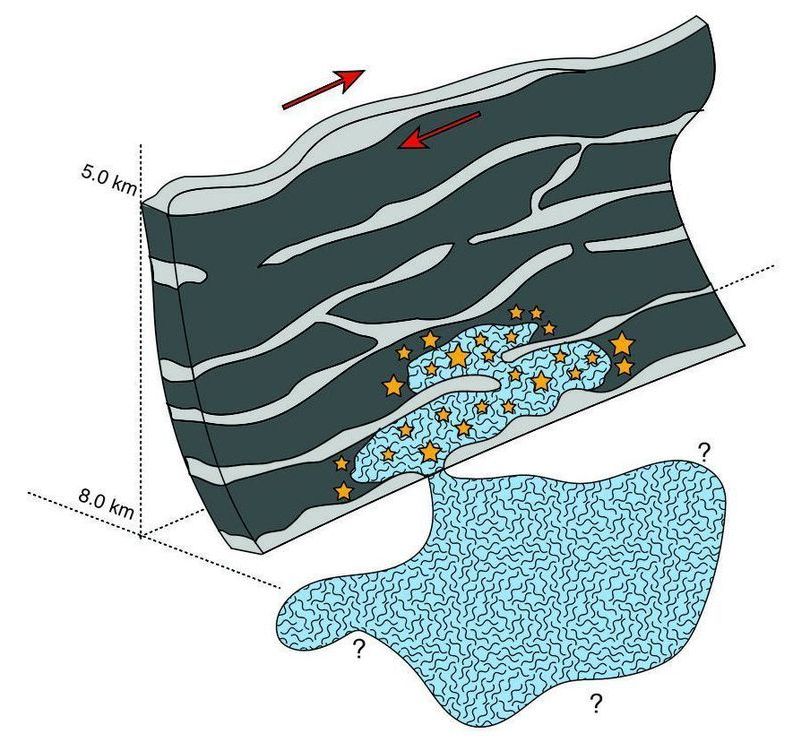In 2016, fluid broke into the cracks of a fault system, setting off a four-year-long swarm of mini earthquakes.




Windows 10 has been around for five years now, and although Microsoft has introduced a number of big changes over the years, the Start menu doesn’t look hugely different from how it was when the OS debuted back in 2015.
That’s all about to change though. Microsoft is planning to overhaul the menu, and it’s released a number of new images to give us a clearer idea of how it will look.

In the archery world, few technologies have evolved as rapidly as crossbows. Manufacturers continue to make them lighter, faster and more reliable with each new release. There has also been a reduction in the profile of these bows with the trend moving towards more compact reverse limb bows in recent years.
Now there’s a company making a crossbow with an entirely new limb system that makes for a slimmer package than ever before.
Introducing the Lancehead F1 torsion limb crossbow. We interviewed Lancehead Founder and CEO Jon Polanich to get the lowdown on this fascinating new design.

Intelligence — real or artificial — is supposed to be a big advantage. But we’ve had millions of years to evolve real intelligence and dumbness is rampant. Which raises the question: If intelligence is so good, why aren’t we more like Mr. Spock and less like Captain Kirk?
Rust, a language developed by Mozilla with enthusiastic backers across the software community, wants to save developers from making their biggest mistakes.

A 7.4 magnitude earthquake was felt off the southern coast of Mexico in the state of Oaxaca, prompting a forecast of potential tsunami waves, the country’s National Seismological Service reported Tuesday afternoon.
The quake occurred at 10:29 a.m. central time, with an epicenter near El Coyul, 6.8 miles southwest of Santa María Zapotitlán in Oaxaca. The damage in the state is considered light to moderate according to the U.S. Geological Survey (USGS).
The USGS estimates the earthquake itself could result in as many as 100 fatalities and $100 million in damage.
